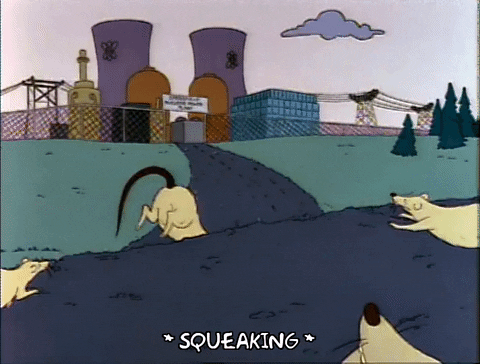Five things you’ll eventually realise in dental school (UK)
Dental school is a particularly isolating and niche environment. We don’t want you to make the same mistakes we did, here’s five things you’ll eventually realise in Dental school.
It's not a race. You either pull up to dental school with your 4 A* grades, your 800+ UKCAT and 10 weeks work experience in Maxfax or…. you just about got into dental school from the waiting list and you got a Band 3 in your situational judgement. Either way you're most likely going to have an ego complex going on in your head, with a side of imposter syndrome. You’re going to constantly compare your knowledge and progress to other students on your course. But you’ll eventually come to realise Dental school is not a race, it's a place for you to develop your skills and leave as a safe beginner. It's not a race and speed doesn't equal excellence. If you dedicate yourself to become an excellent dentist, you will be. Take each day as it comes and never lose sight of the bigger picture.
2. You are not bound by the curriculum. Gone past are the days of memorising the whole specification for your AQA Biology paper and then knowing that you're going to be just fine. Clinical Dentistry encompasses A LOT. After leaving dental school, you're going to have to work independently as a dentist. Even if a skill is never taught at dental school (or poorly taught) it's important to learn what you think is important for your career. It’s important to take the time to visualise what skills you need to acquire, and what problems you might come across. You are not bound by the curriculum.
3. Know for yourself, not the exam. Memorising information for an exam is an important and necessary skill. Don't get it twisted. Listing the pathogenesis of lichen planus blankly on a piece of paper is going to allow you to progress to the next year. But what is more important? Think about the real life application - if you were a patient turning up with a white lesion in your mouth, what would you want the dentist treating you to know or be able to tell you? Being able to accurately refer white lesions that have malignant potential is imperative. Understanding the risk factors, the clinical presentation and explaining this in layman terms to the patient is so important in this context, even the epidemiology will give you more confidence when explaining conditions to patients. That’s the reason it’s part of the GDC learning outcomes. But always remember - know for yourself, not the exam.
4. Know what type of dentist you want to become. Let's say 100 dental students stroll through the door on the first day. One of these guys are probably gonna walk in and be like 'yh im tryna pattern honours and do maxfax init'. Another might be like 'ngl i want to leave clinical dentistry asap and do PhD level research'. Number three is like ‘tbh, i want to be a standard GDP and live a good life’. The necessary skills these three people need to gain in order to make it to their respective goals is different, and therefore the actions they take in dental school are different. Take actions in dental school which give you the skills you think you'll need. Whether that be networking and public speaking, or getting best in the year for your exams and writing publications. Don’t be a sheep - know what type of dentist you want to become .
5. Don't lose the forest from the trees. As mentioned earlier, being a dentist in the real world relies on an excellent understanding of people. As a dental student, you can get so wrapped up in learning lots of new content and placing as many restorations as possible. An important skill which you can harness in dental school is patient management and communication. Being able to treat a patient holistically is important, and their expectations and concerns are different to yours. Their mouth and oral hygiene tells a story. Maybe they’ve neglected all aspects of their health and they need a gentle nudge back into self-care? That may become one of the main aims of the treatment planning rather than raising the OVD and making spring cantilever bridges. Don't lose the forest from the trees, focus on what that one specific patient needs. This is a people's game.




